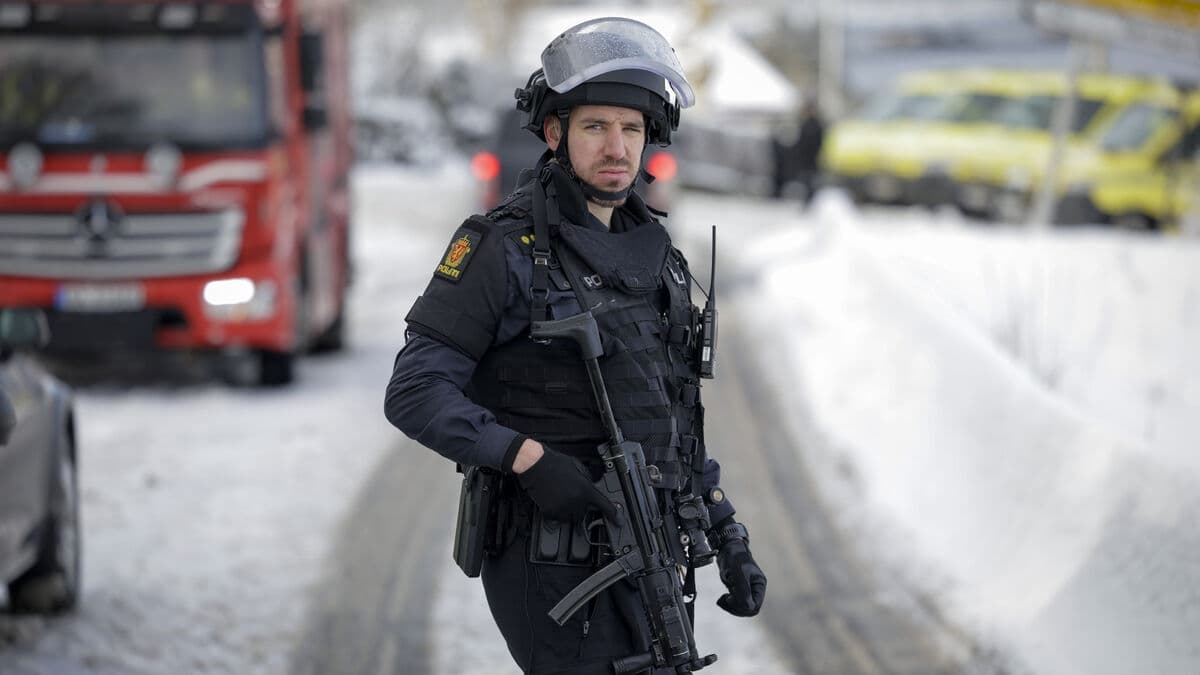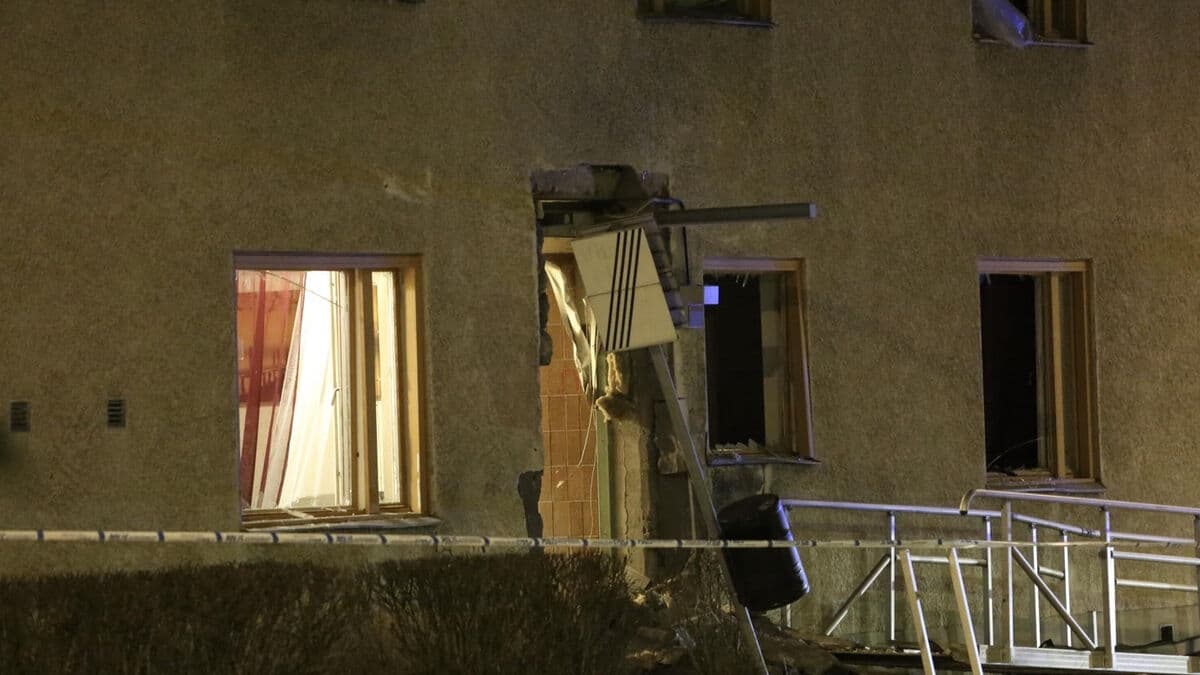For the second year in a row, the literature festival Sakligt is being held on the outskirts of Simrishamn. Magnus Linton does not have a universal solution to how to get people to read more non-fiction, but he notes that the desire for good stories based on real events is great.
"Parasitic"
What I hope for the most is interesting discussions about the importance of non-fiction for the creation of how a people or a nation is constructed, says Linton, who is also an author and editor at the Institute for Future Studies.
He continues:
There is a kind of parasitic relationship with the documentary, and making claims on reality has become such an important selling point. One of the issues being addressed at the festival is the ethical problems that every non-fiction author is faced with.
About this year's theme "national identity", Magnus Linton says that the ambition is to highlight the great importance of non-fiction literature for how notions of a people, a nation or a culture are created.
Non-fiction is crucial
Non-fiction is crucial for how a culture is constructed, and for what we mean when we talk about "us" as a nation or people or what Palestine, Russia, Ukraine or Greenland "is".
One of the festival's highlights is the author conversation about Gaza between Göran Rosenberg, Cecilia Uddén and Johannes Anyuru, emphasizes Magnus Linton.
I think the clash of opinions between these intellectual giants will be both eye-opening and frightening, he says.
Helena Nordenberg/TT
Fact: Literature festival Sakligt
TT
Sakligt is Sweden's first festival for literary non-fiction, and is organized by the cultural center Rikstolvan outside Simrishamn. The festival is a collaboration with the Institute for Future Studies and Linnaeus University.
Each year, a theme is chosen, and at the start in 2024, the theme was "testimony".
The theme for 2025 is "national identity".
Among the financiers are the Nature and Culture Foundation, the Swedish Academy, and the Swedish Central Bank's Jubilee Fund.
Sources: Sakligt and others.






